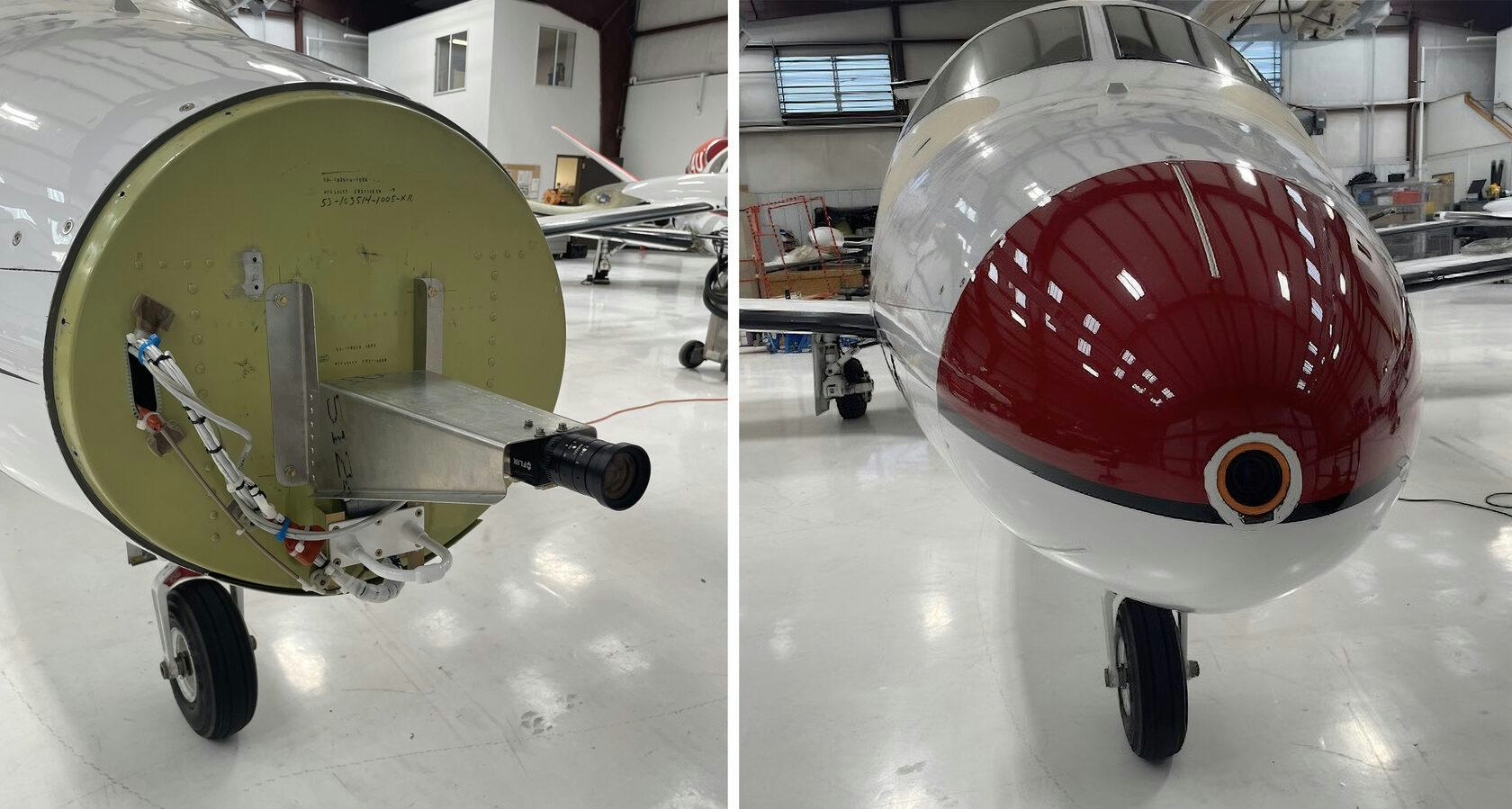AeroGenie — Uw intelligente copiloot.
Trending
Categories
Daedalean Advances Certification of Machine Learning Avionics for eVTOLs

Daedalean Advances Certification of Machine Learning Avionics for eVTOLs
As artificial intelligence (AI) continues to transform various industries, its integration into aviation safety systems is gaining momentum, promising significant advancements from predictive maintenance to fully autonomous flight. Both established original equipment manufacturers (OEMs) and innovative startups are investing heavily in AI-driven solutions. Among these, Zürich-based Daedalean has emerged as a prominent player. Founded in 2016 and operating from Zürich, Phoenix, and Riga, Daedalean specializes in AI-based vision and object recognition systems designed for safety-critical aviation functions. These include the detection of uncooperative airborne threats, wire detection, GNSS-independent positioning, and landing guidance.
Strategic Developments and Leadership
Reflecting the increasing strategic importance of AI in aerospace, Daedalean was recently acquired by Destinus, a European developer of civil and defense flight technologies. The acquisition, expected to be finalized by the end of 2025, aligns with Destinus’ objective to expand its AI capabilities for unmanned systems across both civil and military markets.
In September 2024, Daedalean appointed Bas Gouverneur as its new CEO to spearhead the company’s commercial strategy. Gouverneur brings extensive industry experience, having previously served as chief technology officer at Swiss aerospace and defense leader RUAG and as head of design organization at SR Technics Group. At the 2025 International Paris Airshow, Gouverneur outlined Daedalean’s roadmap and emphasized how the company’s technology aims to enhance aviation safety, particularly within the rapidly expanding electric vertical takeoff and landing (eVTOL) sector.
Certification and Regulatory Challenges
A primary challenge confronting Daedalean and the broader aviation industry is the certification of machine learning (ML) and artificial vision systems. Gouverneur described this as “the big unsolved debate in aviation.” However, Daedalean has developed a certification methodology in collaboration with both the European Union Aviation Safety Agency (EASA) and the Federal Aviation Administration (FAA). While ML and artificial vision technologies are becoming more familiar, ensuring their consistent and predictable behavior to meet stringent safety and performance standards remains a significant hurdle.
Daedalean’s approach centers on collecting extensive volumes of high-quality data to train its systems across a wide range of scenarios. The company has segmented the globe into various regions and is actively conducting flight tests with aircraft and helicopters throughout Europe and the United States. These tests cover diverse environments, from deserts to mountainous terrain, to ensure robust system performance.
System Integration and Market Dynamics
All computational processing for Daedalean’s avionics occurs onboard the aircraft. The company collects datasets to train its algorithms, validates them with separate datasets, and subsequently “locks” the algorithm before deployment. This process ensures that the system does not learn or modify itself during flight, addressing regulatory concerns regarding unpredictable behavior.
As Daedalean progresses toward certification, it faces additional challenges, including adapting to evolving regulatory standards from both the FAA and EASA. The company also contends with competition from other avionics developers racing to introduce similar AI-enabled technologies. The industry is closely monitoring these developments, with eVTOL manufacturers expressing growing interest in advanced AI solutions, albeit with some reservations about integration complexity and associated costs. Meanwhile, competitors are expected to accelerate their development efforts or seek strategic partnerships to strengthen their market positions.
With regulatory frameworks beginning to take shape and industry interest intensifying, Daedalean’s advancements represent a significant step toward safer, AI-enabled flight for the next generation of aircraft.

Emirates Unveils Cabin Design for New Boeing 777X

Eighteen Years On, the Airbus A380 Remains Central to a $34 Billion Airline

How a boom in luxury airline seats is slowing down jet deliveries

Navitaire Outage Attributed to Planned Maintenance

Airbus Plans Record Delivery of 870 Aircraft in 2026

DigiYatra Debuts Outside Aviation at India AI Impact Summit

Vietnam Orders Strengthen Boeing’s Commercial Outlook

Airbus Signals Uncertainty Over Future A400M Orders

JobsOhio Awards $2 Million Grant to Hartzell Propeller for Innovation Center

Collins Aerospace Tests Sidekick Autonomy Software on YFQ-42A for U.S. Air Force CCA Program
